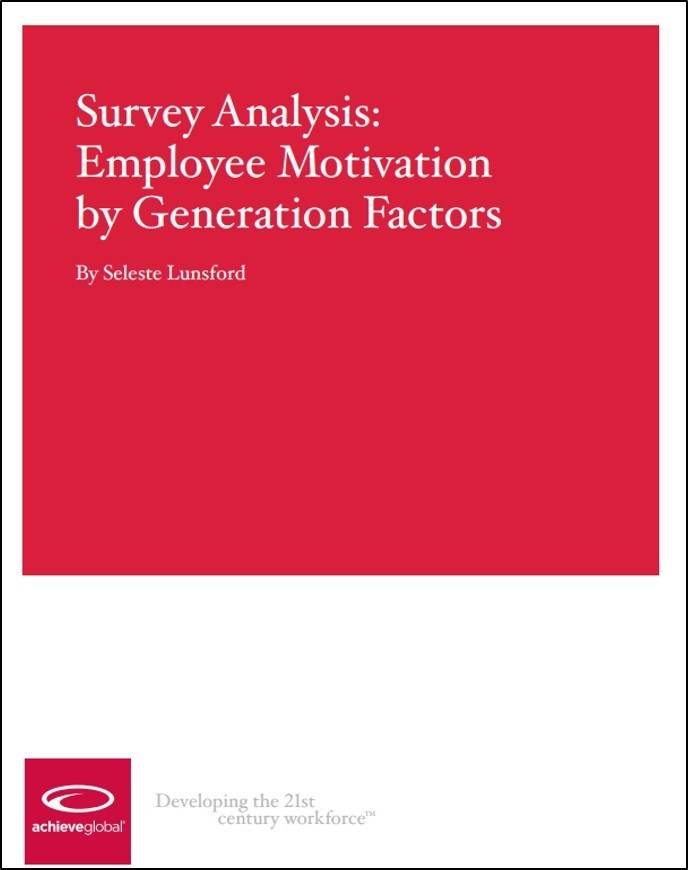Generation Y And mLearning
A couple of months ago we were hired to deliver a consulting project. Its main goal was to rejuvenate eLearning processes in one of mobile operators in Poland; to make analysis and provide recommendations that will bring this company’s eLearning activities to the next level.
Such a company employs young people; the average age of employees is below 30. So we could easily place the workforce of our client in Generation Y, or Millennials. Every single employee of the company had a smartphone and knew how to use it. In fact, most of them were using these devices on a day to day basis for staying in touch (social networks), for being informed (social media), etc.
Well; they had the tools, they knew how to use them, they also had a training offer delivered by their employer, but... they were not using it at all. Why was that?
We started to discuss this issue with representatives of the target group. The reason was quite simple; but before I reveal it, let me introduce the main findings of the Achieve Global Research On Employee Motivation published in 2009. You can click on it to reach the full document.

Main Findings Of The Report
The document discusses motivational issues regarding personal development among 4 generations: Traditionalists, Baby Boomers, Generation X, and Generation Y.
- First of all: The younger the generation, the weaker the interest in using formal ways of training. This seems as a good sign for the purpose of our case, as mLearning is considered more informal than traditional training and even a “classic” eLearning approach.
- At second: Generation Y is more open to using self-taught methods of learning (like reading, online resources, etc.). Another good point for us, as mLearning allows for bigger flexibility in accessing development resources; you can reach for them on the go and 24/7.
- At third: Generation Y is much less eager to learn outside of the workplace. Only 24% of them (in comparison with 31% of Generation X) respond positively to such an opportunity. This is not a fortunate result, as mLearning in this case was offered to all employees with the idea of letting them learn on the go (to work / from work) and being focused on general competences; it was not intended for highly engaged people (for example, mobile Sales forces were characterized by a strong need for up to date information).
The Reason
The young people we were talking with were very frank with us. They gave us a couple of reasons why they were not using the mobile learning offer. Here are their arguments:
“I work from 9:00 a.m. to 5 a.m. I don't want to spend my private time on building competencies necessary for my work. I would expect that my employer would give me an opportunity to learn during my working hours”.
“Why should I use a mobile phone for learning when I can use my computer? Why should I learn from a small, hard to navigate screen when I can use a big monitor and a mouse?"
“It is not so easy to reach for the mobile learning offer. I have to log in, the mobile connection sometimes is slow, and the whole mLearning experience is not captivating. Why should I use it having all these barriers in mind?”
“By building a mobile learning offer my employer expects me to do something unreasonable (see above arguments). I will not use it, just to show that I am against such an initiative”.
Final Thoughts
We suggested our client that they are more careful with building a mLearning offer. It could be a very powerful tool, but it should be also addressing important needs of the target group. Offering product knowledge on a mobile device to Sales forces is completely different than offering general development resources to all employees.

